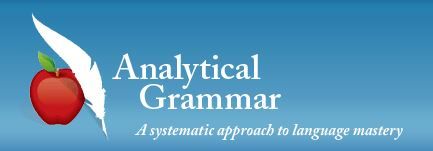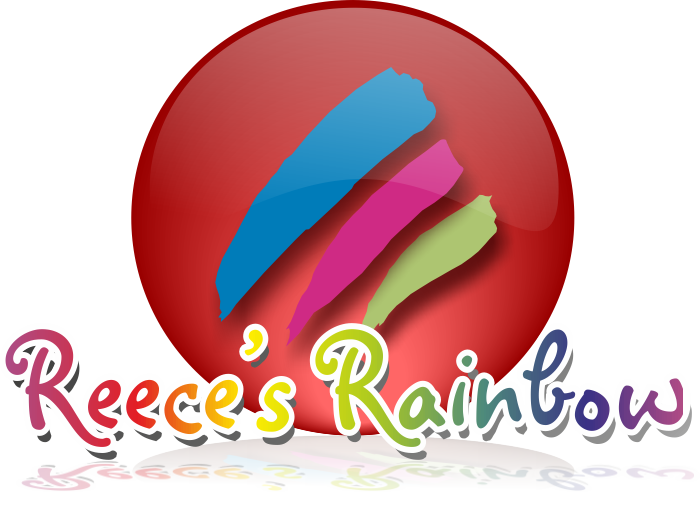
Happily, the product we got to review was actually the book called The Eternal Argument. That doesn't sound nearly as bad in the summer time, does it?
I will admit right up front the only reason I was interested in taking a look at this book was that a friend of mine read it (outloud) with her kids and they loved it.
This book is recommended for 8th grade and up......but, unfortunately, my big kids weren't interested in doing this during the summer months. Those bums! So, I was left on my own to read it. And, as I read, I kept wishing that I had someone....anyone.....to discuss it with....because there was moment after moment of "I have never thought of that like this before...."
So, my recommendation matches the authors......read this aloud with someone.....even if you have to force your kids into it! And, honestly, once you get them reading it, they won't complain anymore.

The basic premise of this book is that there has been a neverending argument (Eternal Argument) about who should really be in charge, throughout Western literature and culture. Is it man? Is it God? Is there even a God to be in charge? You know, deep questions like that between Humanism - Man is perfectible, or Theism - Man is flawed.
This book is weird.
Weird, but interesting.
Weird and definitely a bit hard to describe. (Here is a little more information about the book, that explains it better than me.)
Weird, but definitely good.
I am definitely glad I read it.
The author, R. Robin Finley, goes through the chapters walking you through why we should read all of those "classic" books that people talk about, through what the fight has been about, into what the "Western" literature/culture really is and then moves into what the sides have been showing from the Middle Ages to Renaissance, Neo-classical, Romanticism, Realism, to the newest guys on the block, Naturalists and Modernists.
Have I lost you yet?
I told you it was weird.
Weird, but worth it.
I felt like this book was a mini master class in western literature.
She talked about books like Lord of the Flies, Catcher in the Rye, 1984, the importance of the King James Version of the Bible, and Greek Mythology.
Her feeling is that the western literature literary platform has 3 pillars and pictures it like a 3 legged stool. The legs are: Greek and Roman Mythology; King James Version of the Bible, and Aurthurian Legend.....and the top of the stool is all of western literature.
Make sense?
To use a tried and true phrase.....you really just have to read the book.
She walks you through the reasons why the books are important....hopefully you have read them, because there are spoilers in order to make her points. I have read most of them....the ones I haven't, she made me want to read. Books like Animal Farm, Atlas Shrugged, and Brave New World.
I liked the author. I liked her description of herself from her teaching days as a "benevolent dictator"....because that is what I consider myself as well. I am in charge, but if you behave how you are supposed to, I am really nice....and fun!
I am just going to give you a few examples of things I found especially interesting and made me really think.
In Chapter 6, What is the Western Literature "Platform"?, she talks about the King James Version of the Bible being woven into our cultural DNA. Being part of things like Good Samaritan laws, or talk about "the powers that be", "signs of the times" or "the blind leading the blind", and last, but not least, the phrase, "eat, drink, and be merry." All of those are phrases and concepts found in the Bible....specifically, the King James Version of the Bible.
See?
It is woven into our culture DNA....whether we realize it or not. Whether you think you are a Bible believer, or not.
The author has a list of Bible passages that she recommends be memorized by the time kids are in high school. Things like the 23rd Psalm, the Beatitudes, the Sermon on the Mount, and the Lord's Prayer.....because they will have meaning and purpose outside of life as a Christian.
I am happy to say that my kids are doing pretty good with her recommendations, but we do have a few to add into our list....and we usually don't read the King James Version.
I really enjoyed Chapter 7, Should We Quarantine Our Kids?, This chapter talks about quarantining our children from literature that doesn't line up with our own personal worldview. She says that we, instead, should inoculate our children by exposing them to books that come from a different viewpoint while they are under your roof and you can talk about the issues.
This issue is something that the homeschoolers are often accused of...sheltering our kids from the real world. I like to think I am sheltering enough to keep them safe and giving them room to develop into the fantastic people that they should be, but showing them/exposing them to enough real world stuff that they don't go out into the world wildly naive.
I do let them read controversial books. We do read a lot of the classic books mentioned in this book as part of our studies. But, I have had them all read a book called This Present Darkness, by Frank Peretti first. We talk about it and then I set them loose with books with the parameters set that I don't want purely evil books in the house.
The best thing is that I often will read the books along with the kids so we can discuss them together.
What the book The Eternal Argument has done for me is give me a total whole other side of every book I read. So, there will be lots of other deeper, hidden meanings to all the book we read.
At my recent family reunion, somehow we got to talking about the movie, The Wizard of Oz. One of my nephews had just learned that there was a whole series of books surrounding the movie. Another nephew said that he had read that the books were written as a slam on politics at the time and that characters all represented things. For example, the scarecrow was the brainless poor man, the tin man was the heartless big business, etc.
Again, just a deeper look into the story that we all know.
That is what The Eternal Argument is about too.....a deeper look into the classic books most of us have read. A way to give us the much bigger picture going on in the world for years and years.
Towards the end of the book, in Chapter 13, Stuff You Need To Know To Teach This Stuff, she goes into more detail about how to teach this stuff. I was glad to see that it was okay, especially for younger kids, to just read. You don't have to dig into deeper meanings all the time.
It is okay to just love a book and create a movie in your head. But, when you do want to dig deeper and teach and discuss some of these things, she breaks it down into classroom teaching and homeschool teaching.
Chapter 14, Now Let's Apply All This to Books We've Discussed. is one that she suggests not reading with your children. She talks about a step by step process for doing the literary analysis. She also goes through the 18 books that she featured in the book and gives more details and digs deeper into them.
The last part of the book I will touch on is Chapter 15, Because It Is All About Me.....What Do I Think? This was really interesting because throughout the book the author has tried to be balanced....to show both sides of the coin...or argument. This is the chapter where you find out what she actually thinks....and why. I liked and agreed with her opinions on a conservative Christian attending a secular college and how they will be able to survive in the class. Again, you will have to read the book to see what we both think.

You can get your own copy of this weird, but sort of wonderful book, The Eternal Argument for $24.95.
See what other TOS Reviewers thought of all the other Analytical Grammar products.





















0 comments:
Post a Comment